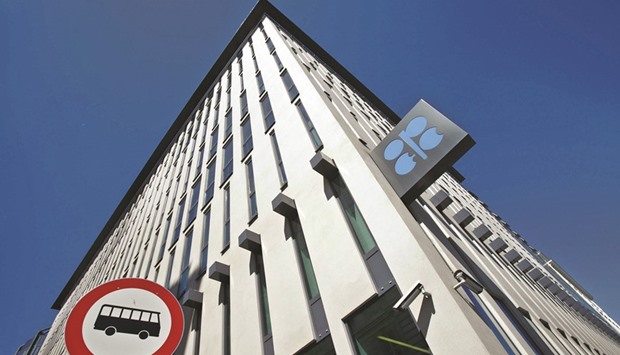Iran said it may be ready for joint action with members of the Organization of Petroleum Exporting Countries in as little as one or two months, once it regains the market share it had before sanctions were imposed.
Iran, which refused to join other nations in a push to freeze output last month, could reach pre-sanctions export levels of 2.2mn barrels in one to two months or by the end of the summer, National Iranian Oil Co managing director Rokneddin Javadi said in Tehran. Exports averaged 2.1mn barrels daily last month out of total production of 3.7mn, he said.
“If one day all Opec members reach a decision to return to a quota system and operate on the basis of a collective policy, then we are ready and welcome” to participate in discussions on joint action, Javadi said.
The Opec stopped setting production quotas for individual members in 2011 and abandoned an output ceiling entirely in December last year, sending oil prices to a 12-year low the following month. Discussions to freeze production to boost prices were dropped last month after Saudi Arabia refused to join unless Iran was participating.
Members won’t discuss re-establishing output quotas when the group meets in June, Indonesia’s Opec Governor Widhyawan Prawiraatmadja said last month. There are currently no proposals to revive quotas for next month’s meeting after the failure of freeze talks last month, according to six delegates to the group.
Iran was the second-largest Opec producer until Iraq overtook it in August 2012, following US and European Union sanctions over its nuclear programme.
Iranian oil is returning to the market quicker than expected, Neil Atkinson, Head of the International Energy Agency’s oil market division said on Wednesday. The higher supply is being offset by lower production in Venezuela and Nigeria, he said.
Brent crude, the global benchmark, has surged about 69% from the lows of January on slumping production in the US, disruptions in supply in some of the biggest producers and rising demand.
Still, inventories continue to be high, especially in the US, the biggest oil user. Even though producers including Royal Dutch Shell, the world’s second-biggest oil company, expect global supply and demand to start balancing this year, they caution that existing stockpiles will keep prices in check.
Iran doesn’t have any crude oil in floating storage currently, Javadi said. The country put oil in ships during the sanction years as exports dwindled. Javadi didn’t comment on how much oil condensate is being stored at sea.

The Opec stopped setting production quotas for individual members in 2011
